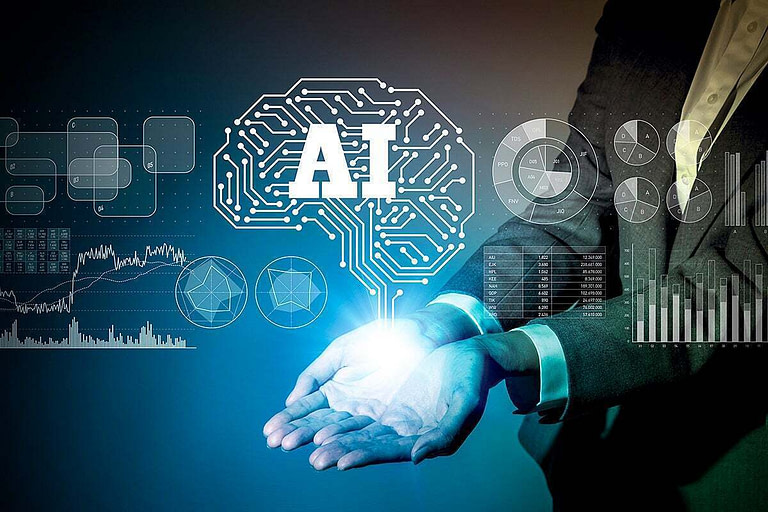As the world continues to become more and more reliant on technology, Artificial Intelligence (AI) is becoming an increasingly important part of our lives. AI has been used in a variety of applications, from self-driving cars to facial recognition software. With this increased reliance on AI comes the need for regulation by the federal government. The question then becomes: how should the federal government regulate AI?
The first step in regulating AI is understanding what it is and how it works. AI can be defined as “the ability of a computer or machine to think and learn like humans do”. It uses algorithms that are designed to recognize patterns in data sets, allowing them to make decisions without human intervention. As such, it can be used for tasks that would otherwise require human intelligence or expertise, such as medical diagnosis or financial analysis.
Once we understand what AI is and how it works, we must consider its potential risks and benefits when deciding how best to regulate it at a federal level. On one hand, there are many potential benefits associated with using AI; these include improved accuracy in decision making processes due to its ability to analyze large amounts of data quickly and accurately; cost savings due to automation; increased efficiency through predictive analytics; improved customer service through natural language processing; better security through biometric authentication systems; and enhanced safety through autonomous vehicles.
On the other hand, there are also some potential risks associated with using AI which must be taken into consideration when formulating regulations around its use: privacy concerns due to data collection practices employed by companies utilizing artificial intelligence technologies; bias within algorithms leading potentially discriminatory outcomes based on race or gender; lack of transparency regarding decision-making processes employed by machines running on artificial intelligence platforms; job displacement caused by automation replacing certain types of labor positions previously held by humans ;and finally cybersecurity threats posed by malicious actors exploiting vulnerabilities within artificially intelligent systems .
In order for us all benefit from advances made possible via artificial intelligence while minimizing any associated risks , clear guidelines must be established at a federal level governing its use . This could include requiring companies employing artificial intelligence technologies adhere strict standards related privacy protection , preventing discrimination based upon protected classes , ensuring transparency surrounding algorithmic decision making process es , providing retraining opportunities those displaced jobs resulting from automation , as well developing robust cybersecurity protocols protect against malicious actors . Additionally , organizations utilizing artificial intelligences should regularly review their policies ensure they remain compliant current regulations .
By taking steps towards establishing comprehensive regulations governing the use of Artificial Intelligence at a federal level will help ensure that everyone can reap rewards offered up technological advancements while minimizing any negative impacts may arise from misuse misapplication this powerful tool . |How Should The Federal Government Regulate AI?|Regulation|WFLA






